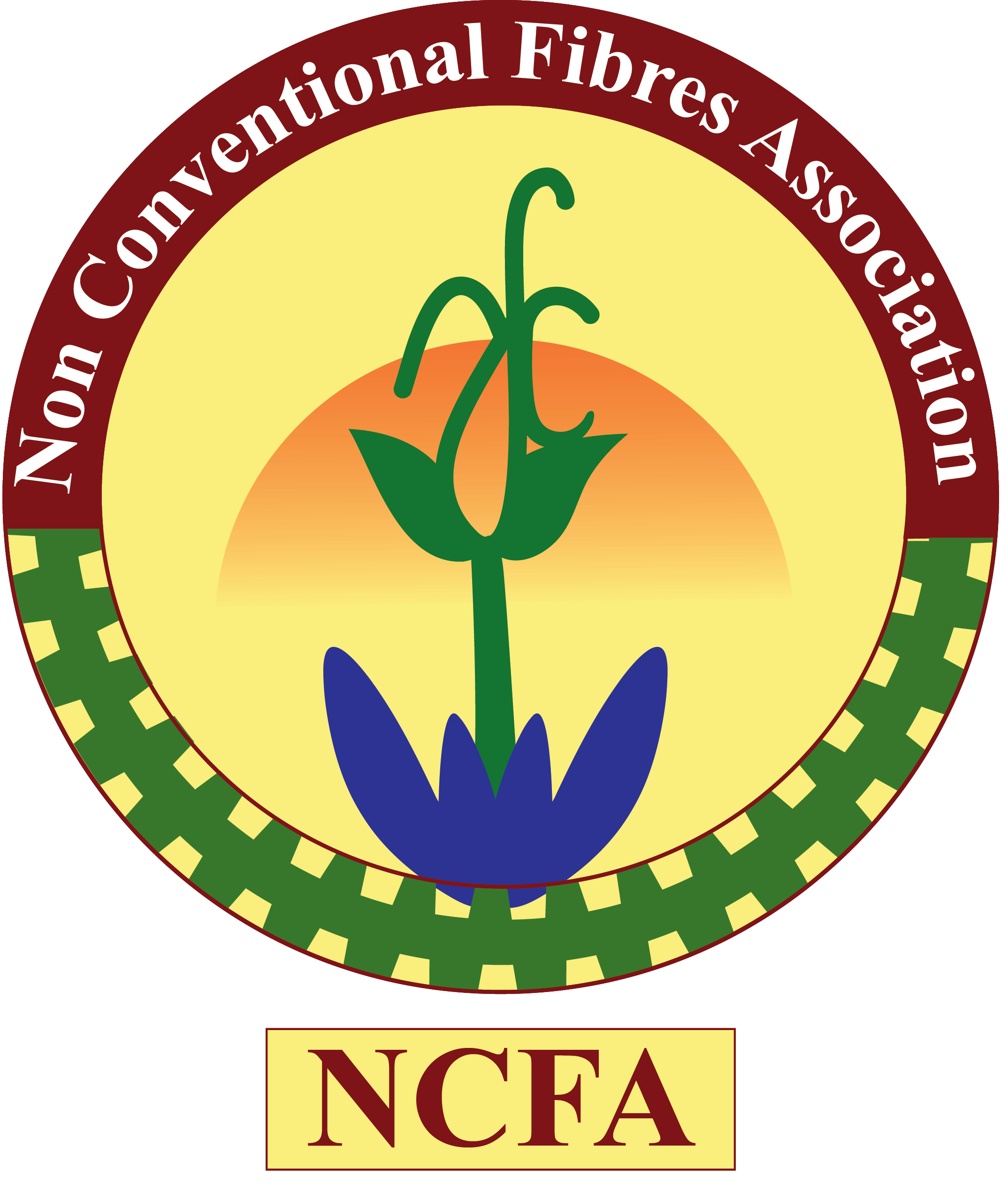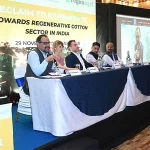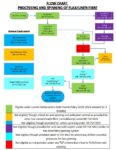Aditya Mody, President, NCFA
Non-conventional fibres are attracting the attention of the textile consumer and producer. However, the adoption of such fibres in mainstream textile industry has been slow for a number of reasons – lack of accurate technical information, market information. To address every aspect of the business of non-conventional fibres for the textile industry, the Non-Conventional Fibres Association was formed earlier this year. In an exclusive interview, Aditya Mody, President, NCFA talks about the organisation’s mission of helping the industry and the consumer go green.
What inspired you to start an association like NCFA?
Today, the exploitation of nature by man has descended into abuse. Mother Earth is our source of energy, and abusing it will only lead to degradation of our surroundings and depletion of our resource pool. Every aspect of production and disposal takes energy, and the way to the sustainability of Mother Earth is to reduce our demands on it.
On a scale of preference, natural fibres are better than today’s conventional fibres, but the most sustainable and eco-friendly form of fibres are the non-conventional ones, the ones derived from agrowaste, or are plant-based. Beyond sustainability and eco-friendliness, non-conventional fibres offer distinct and unique advantages.
Last year I planned to set up a spinning unit for non-conventional fibres but faced some policy level impediments. While there are organisations dedicated to promoting specific fibres, there is none that actually promote ALL non-conventional fibres and their applications.
That made me think about the need for an organisation like NCFA to deal with issues related to the non-conventional fibre industry and promote its applications.
NCFA symbolises the coming of age of the non-conventional fibre industry.
We aim to connect conventional fibre farmers and consumers as producers and marketers.
In doing so, we will help restore our damaged ecosystems, alleviate farmers’ earnings, and combat climate change. Moreover, India is blessed with a large volume of cultivable and fertile land, some of which can be diverted towards producing non-conventional fibres.
How do you propose introducing non-conventional fibres to the industry? Also, there is a mindset that the technology for these fibres is not readily available, and there is a small market for such textiles. How do you propose to change this mindset?
Non-conventional fibres offer several benefits compared to conventional fibres. These fibres are easy to recycle and cause less damage to Mother Earth. India already has farmers who produce non-conventional fibres. The Indian government under PM Narendra Modi has articulated its intent under the Grow in India Policy to promote using such fibres. We – industry and farmers – must take the initiative ahead. Given the rising environmental consciousness of our consumers, there is reason to believe they would buy such products once they know the benefits. I remember hearing a speaker in an industry forum stating that nearly 80% of oceanic plastic pollution originates from synthetic fibre. Any move that reduces this pollution while fulfilling our utility will be welcome. Governments all over the world are yet grappling with the difficulties and expenses of recycling synthetic fibres. So introducing easy to recycle and sustainable fibres will find a ready reception. On the demand side, I firmly believe that the availability and variety of fibres dictate the choice. I have experienced how the availability and promotion of non-conventional fibres lead to their demand and consumption in international markets, and there is no reason to believe that the Indian market will behave differently.
This is a massive task in front of you. What are your targets for the first two years?
I do not see this as a task but an ongoing initiative to promote the production and use of eco-friendly and sustainable fibres. In doing so, all stakeholders in the value chain – from farmers to textile producers and consumers will benefit, along with Mother Earth. The possibilities are unlimited, given the variety of non-conventional fibres and the possibility of blending these with other fibres. Moreover, we have environmentally conscious consumers who actively opt for and adopt green energy and eco-friendly choices. Moreover, non-conventional fibres are an ideal fit into the 3R approach to life – Reduce, Reuse and Recycle.
Your message to the industry?
I Invite all of you to join NCFA and next time you are shopping, consider not only the price tag and the way clothes look but also the material that the item is made from. Treat yourself and the Planet right.




